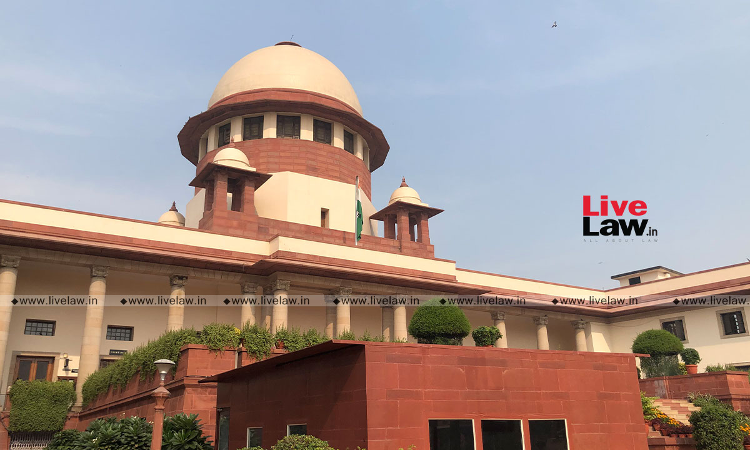The Supreme Court on Monday agreed to list on July 25 a case which raises an issue as to whether every charitable trust established by someone professing Islam is necessarily a waqf. The Special Leave Petitions which assailed Bombay High Court's dated September 22, 2011 was listed before the bench of Chief Justice of India NV Ramana, Justices Krishna Murari and Hima...

